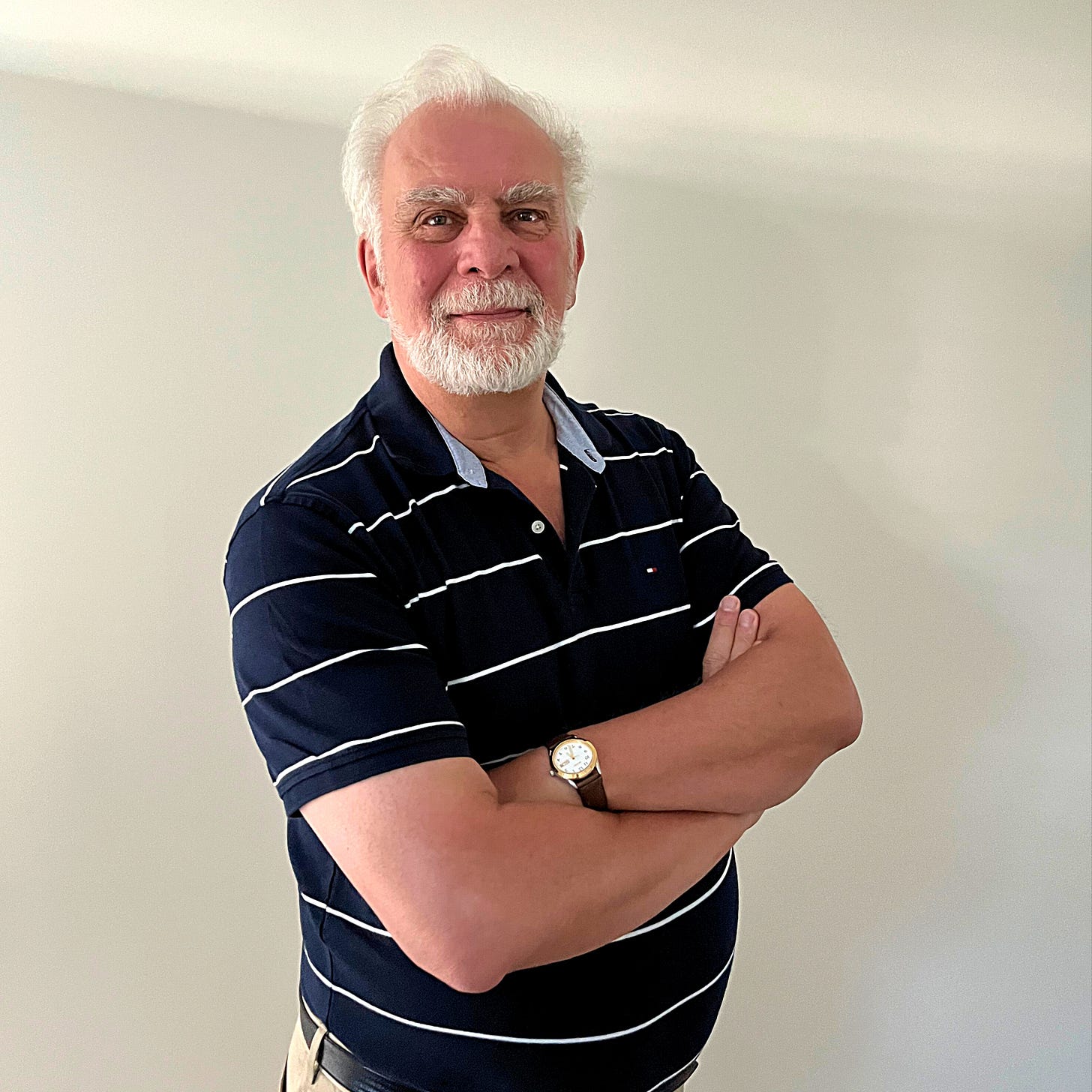My guest this week is Yvon Dandurand, a criminologist and Senior Associate of the International Centre for Criminal Law Reform and Criminal Justice Policy. Within the criminology and criminal justice department of the University of the Fraser Valley, Mr. Dandurand is a legend. He is known for travelling the world and advising countries on law reform.
Yv…
Keep reading with a 7-day free trial
Subscribe to Nuanced. to keep reading this post and get 7 days of free access to the full post archives.




